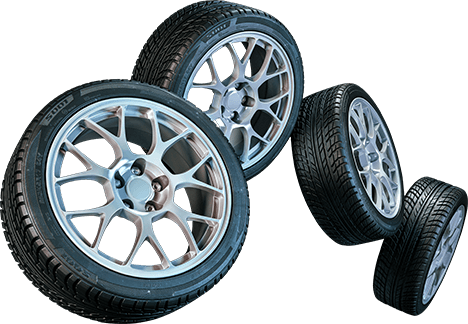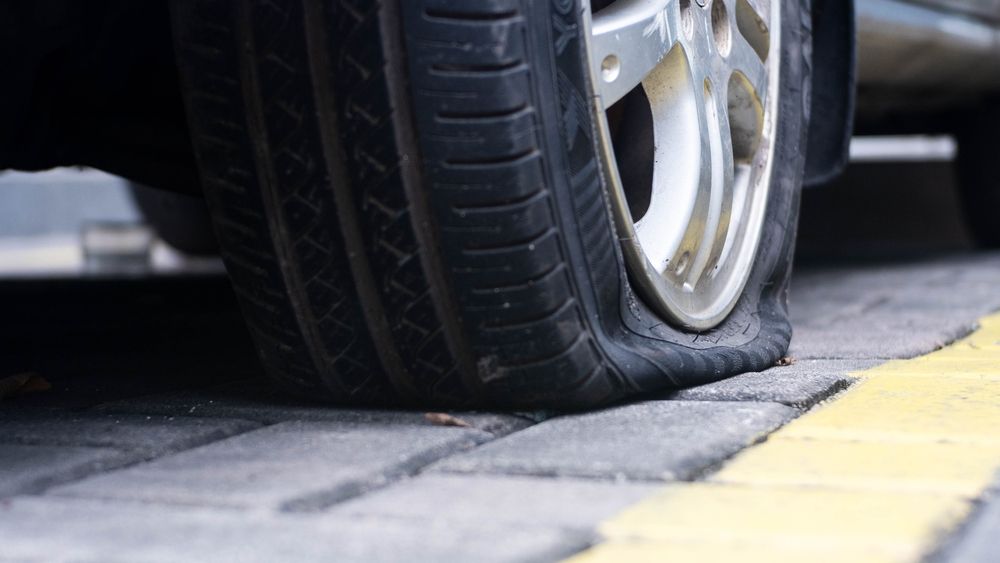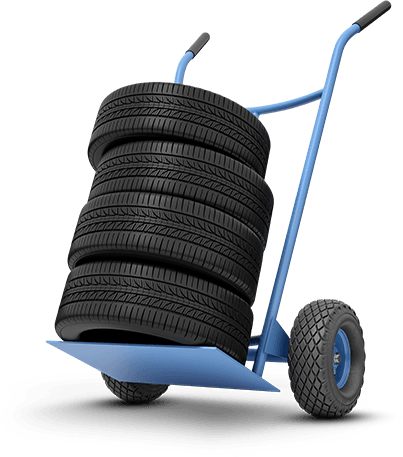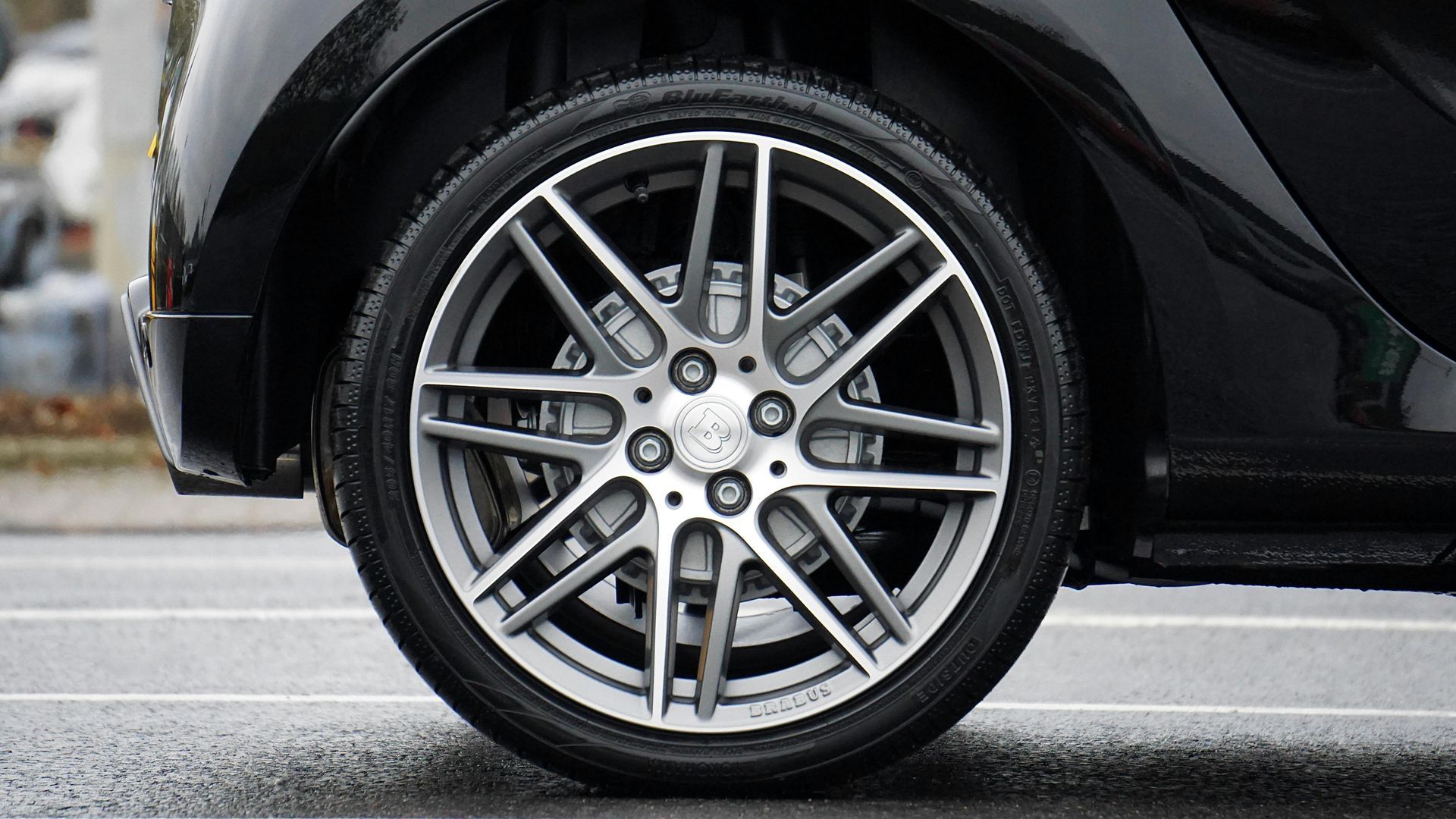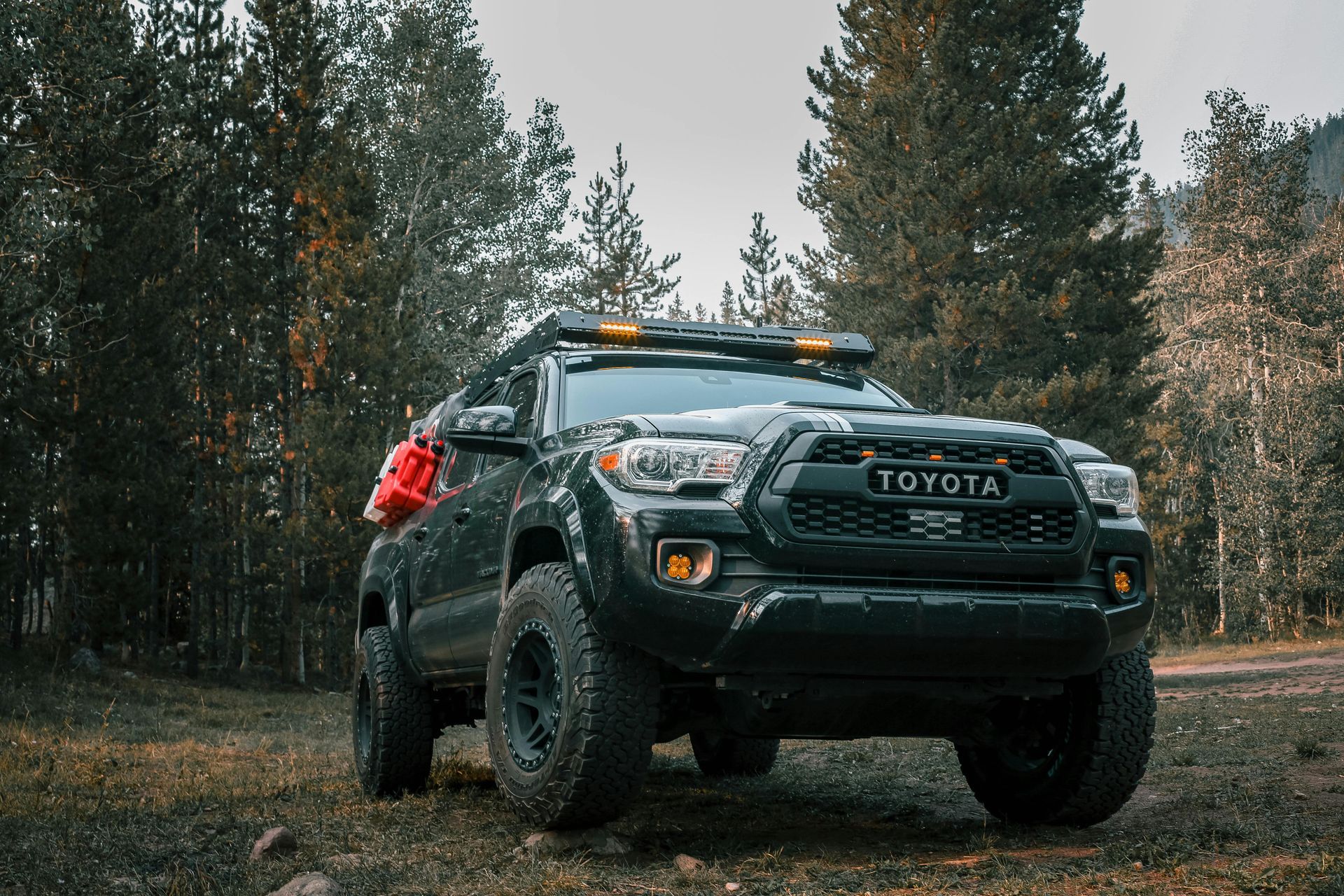With almost 287 million vehicles on U.S. roads , keeping up with tire maintenance is vital. It's smart to follow the advice of car makers about when to change tires. They often say you should look at your tires every six years at least for wear and tear.
Tire condition is very important for how well a car can grip the road. Even if stored inside, tires can dry out over time. This makes them unsafe even without a lot of use.
Deciding when to get new tires isn't just about what they look like. Many factors, like how much you drive, come into play. It's all about keeping your car safe and running well.
Key Takeaways
- Vehicle manufacturers generally recommend a tire replacement every six years, though this can vary based on individual driving conditions.
- Proper understanding of tire replacement frequency ensures enhanced safety and performance on the road.
- Monitoring tire lifespan, including signs of tread wear and age-related deterioration, is crucial for determining the best time to buy new tires.
- The optimal tire replacement interval can prevent extended braking times and reduced traction, particularly in adverse weather conditions.
- Dry rot in aging tires underscores the relevance of not just mileage, but time, when considering tire maintenance and replacement needs.
- Regular inspections are vital in maintaining tire health, thereby adhering to recommended tire replacement frequency for overall vehicular safety.
Understanding Tire Lifespan and Replacement Guidelines
Keeping your tires in top shape is key for safety on the road. Learning about tire lifespan and when to change them is very important. We will look at how long tires should last, how old they can be, and how you drive affects them.
Manufacturer's Mileage Recommendations
Tires wear out as they roll over miles. Most tires need changing after anywhere from 25,000 to 75,000 miles. Following these mile guidelines helps keep your car safe and running well.
The Role of Tire Age in Performance and Safety
A tire's age impacts how well it grips the road and keeps you safe. After ten years, it's time to get a new tire. This avoids problems like the tread coming apart.
Impact of Driving Habits on Tire Durability
- Speed: Fast driving can heat up tires and wear them out faster.
- Acceleration: Quick starts and stops wear down the tread quickly.
- Load Carrying: If you often carry heavy loads, your tires might wear out sooner.
A lot of American drivers drive in ways that wear out their tires fast. Knowing about these habits helps you plan when to change your tires. This keeps you safe and your car working well.
Assessing Tire Wear and Tear
It's crucial to check your car's tire condition often to stay safe and perform well. You need to know about tire wear and tear to make good choices. This includes when to change your tires and when it's time for new ones. Here are important signs to look out for.
- Tread Wear: Tread wear is a big hint about tire life. You can do a simple check using a quarter. Put it in the tread with Washington's head down. If you see the top of his head, your tires might need changing.
- Sidewall Cracks: Look closely at the sidewalls for any cracks or cuts. These small marks can weaken the tire, making a blowout more likely.
- Uneven Wear: Make sure the tread wears evenly to avoid problems with the car's balance and stability. Such issues can lead to less tire grip, affecting how your car handles the road.
- Pothole Damage: Hitting potholes hard can hide damage inside the tire. If you find bulges or blisters, you should address the problem quickly.
Regularly look at your tires and have them checked by pros. This helps you stay ahead on managing tire wear and tear. It also means you're on top of tire replacement frequency , and you'll know the right time to get new tires. All this is key for staying safe on the road.
Seasonal Considerations for Optimal Tire Replacement
As seasons switch, the effects on tire life change too. It's key to know how temperature and climate shifts can impact tire performance. This knowledge helps keep your ride safe and efficient. At LugWrench Heroes we know how temperatures especially the heat can affect tires and are always ready to help our customers with mobile tire repair.
How Temperature and Climate Affect Tire Condition
Tire health is heavily influenced by temperature. Cold weather can lower tire pressure and cause underinflation. This leads to uneven wear. In contrast, hot weather can increase tire pressure, leading to overinflation and wearing out the tire faster. It's important to adjust care based on the seasons to extend tire life and ensure safety.
When to Switch Between Summer and Winter Tires
Choosing the right time to switch between summer and winter tires is crucial. Winter tires perform better in cold, icy, and snowy conditions, improving traction and handling. This protection can extend tire life. On the other hand, summer tires excel in warmer weather, offering superior grip in dry and wet conditions. It’s essential to know the ideal timing for tire changes based on where you live.
- Regularly check temperature forecasts to plan tire replacements efficiently.
- Keep an eye on tire pressure and tread wear as the seasons shift to know when it's time to change tires.
- When deciding on seasonal tire changes, consider your vehicle's and your own driving habits' specific requirements.
Maintaining Proper Tire Pressure
Following a tire maintenance schedule is essential for better tire lifespan and reduced tire wear and tear. Keeping the right tire pressure is a main part of this. Wrong tire pressure, high or low, could harm how your tires work and last.
- Overinflation: Makes less of the tire touch the road. This might wear the middle of the tire more than the edges.
- Underinflation: Increases road contact at the edges. This could wear the edge of the tire more and cause tire problems.
It's important to often check and set the tire pressure to what the maker recommends. Doing this helps your tires work well, keeps you safe, and saves gas.
- Look at the tire pressure once a month, don't forget the spare. This is what most auto companies suggest.
- Keep a tire pressure gauge in your car so you can check it regularly.
- Change the pressure based on the weather to keep the best performance.
Paying close attention to your tire pressure is key for good vehicle handling and a long tire lifespan. It helps ensure safety and costs less in the long run for car care.
Tire Maintenance Schedule for Extended Tire Life
To make your tires last longer, it's key to follow a tire maintenance plan. This plan keeps your car safe and running well. It also helps you change tires at the right time. We're going to look at what this plan involves.
Importance of Regular Tire Rotations and Balancing
- It's good to rotate your tires every 5000 miles. This evens out tread wear and makes your tires last longer.
- When you rotate your tires, check the balance too. This makes sure they wear evenly and grip the road well. It also makes your drive smoother and increases tire life.
Monitoring and Adjusting Tire Pressure Monthly
- Check your tire pressure every month. This keeps the tires at the right level to perform well and save gas.
- Adjusting tire pressure for temperature changes is important. It prevents too much or too little air in your tires. This can wear out your tires early.
By sticking to these simple steps, you can figure out when to replace your tires. This avoids changing them before it's needed. It ensures you stay safe on the road.
Conclusion
Knowing when to get new tires is key for safe driving. You should watch for signs that your tires are getting old. This includes how much you drive and their traction. Keeping an eye on these factors helps you know when it's time to replace your tires.
Paying close attention to your tire's tread and pressure is very important. This helps you understand how often you need new tires. By checking your tires regularly and following the maker's advice, you keep your car safe.
Tires are very important for your car's safety. By keeping your tires in good shape, you can drive confidently and safely anywhere in America. If you are in the Arizona, Phoenix market learn how often you should replace your tires because of the weather and heat. This care you give to your car shows everyone on the road that you're a responsible driver. If you need tire repair or replacement contact our experts at LugWrench Heroes
